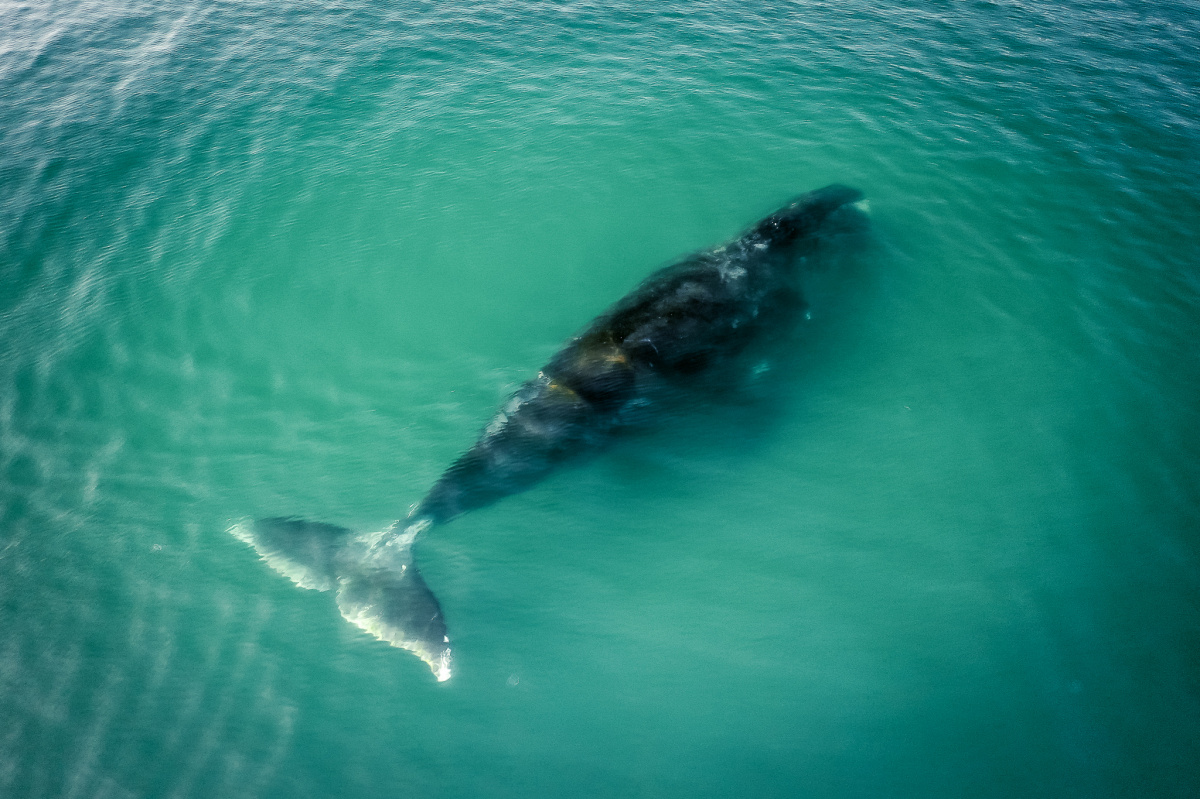

Tourists are showing more and more interest in visiting hard-to-reach areas of nature, especially Wrangel Bay - a key habitat for the Okhotsk Sea population of bowhead whales. The WWF-Russia expedition studying the life of whales in this enclave of the Sea of Okhotsk considers it necessary to reduce the human impact on these animals.
Every year, the anthropogenic load on the previously untouched and wild area is increasing. This year there are more tourists in the coastal camp than ever - the effect of the closed border affects. One of the missions of the expedition is to assess how animals are affected by encounters with people, including those who swim up to them on boats or boards.
“There are often more tourists on SUP boards than whales in the bay. Sometimes up to 17 floating means go out on the water at the same time, says the head of the expedition Olga Shpak. "Both the tour operator and the tourists themselves feel the pressure on the bay, and everyone agrees that next year it is necessary to reduce the number of tourists.»
Now this load is recorded using daily observations. From 6 am to 11 pm, scientists note the presence of rowing and motorized watercraft on the water. Analysis of these data will help determine how long the motor fleet is involved in the water area, and how many hours a day there are no people in the bay, and it is completely left to the whales.
“To understand what is happening to the Okhotsk Sea population of bowhead whales, what threatens it, and what needs to be done in order to preserve it is one of our primary tasks. These whales live exclusively in Russian waters, and we, the Russians, bear full responsibility for their well-being,” says Boris Soloviev, Chief Project Officer for Marine Protected Areas.
“The expedition to Wrangel Bay is only the first step. WWF-Russia plans to continue research and conservation of bowhead whales in the Sea of Okhotsk”.
 Blogs
Blogs
